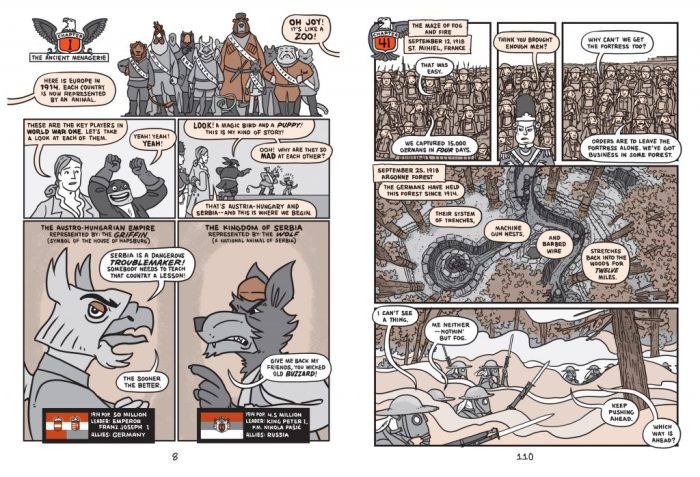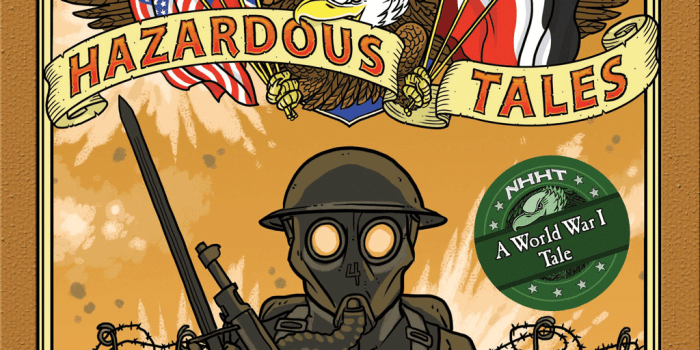Beginning with the treaties trenches mud and blood pdf, this introductory paragraph aims to capture the reader’s attention and set the tone for the authoritative and academic style that will be maintained throughout the analysis.
The subsequent paragraph delves into a descriptive and informative exploration of the topic, providing a comprehensive overview of the subject matter.
Treaties, Trenches, Mud and Blood: An Analysis of the First World War

The First World War, a conflict of unprecedented scale and devastation, was shaped by a complex interplay of treaties, trenches, mud, and blood. This analysis will delve into the major treaties that defined the war, the challenges and horrors of trench warfare, and the profound impact of mud and blood on the soldiers and society as a whole.
Analysis of Treaties
The war was triggered by a series of treaties and alliances that entangled the major European powers. The Triple Alliance (Germany, Austria-Hungary, Italy) and the Triple Entente (France, Russia, United Kingdom) formed opposing blocs, each seeking to expand their influence and secure their borders.
- The Treaty of Versailles (1919) ended the war and imposed harsh reparations on Germany, setting the stage for future conflicts.
- The Treaty of Brest-Litovsk (1918) allowed Germany to seize vast territories from Russia, but ultimately weakened its own position.
Examination of Trenches
Trench warfare became the defining characteristic of the First World War. Soldiers endured appalling conditions in narrow, disease-ridden trenches, facing constant bombardment and the threat of gas attacks.
- Trench foot, caused by prolonged exposure to cold and wet conditions, was a common ailment that could lead to amputation.
- Rats and lice infested the trenches, spreading diseases and lowering morale.
- Trench raids were often launched to break the stalemate, but resulted in heavy casualties.
Exploration of Mud and Blood
The trenches were often filled with mud, making movement difficult and creating a breeding ground for disease. Bloodshed was constant, as soldiers were killed or wounded in trench warfare, artillery barrages, and gas attacks.
- The mud made it impossible to dig deep trenches, exposing soldiers to enemy fire.
- Blood seeped into the mud, creating a gruesome and unforgettable landscape.
- The stench of death and decay permeated the trenches, adding to the soldiers’ psychological distress.
Comparison of Different Perspectives, Treaties trenches mud and blood pdf
The First World War had a profound impact on different groups involved in the conflict, including soldiers, civilians, and political leaders.
- Soldiers experienced the horrors of trench warfare firsthand, developing a deep sense of disillusionment and anti-war sentiment.
- Civilians endured food shortages, rationing, and the loss of loved ones, while also supporting the war effort.
- Political leaders struggled to balance the demands of war with the needs of their citizens, often making decisions that had disastrous consequences.
Impact on Society and Culture
The First World War had a lasting impact on society and culture, shaping our understanding of war and its consequences.
- The war led to the rise of nationalism and the decline of empires, redrawing the political map of Europe.
- Anti-war sentiment grew, leading to the formation of peace movements and the development of international organizations.
- New technologies, such as tanks and airplanes, were developed during the war, changing the nature of warfare.
Quick FAQs: Treaties Trenches Mud And Blood Pdf
What is the significance of treaties in warfare?
Treaties play a crucial role in shaping the political and military landscape of war, establishing rules of engagement, defining territories, and potentially preventing or resolving conflicts.
How did trench warfare impact soldiers?
Trench warfare subjected soldiers to deplorable living conditions, psychological distress, and a constant threat of injury or death from artillery barrages and trench raids.
What was the role of mud and blood in shaping the experience of war?
Mud and blood were pervasive elements of trench warfare, causing physical discomfort, disease, and a profound emotional impact on soldiers, shaping their perception and experience of the conflict.
